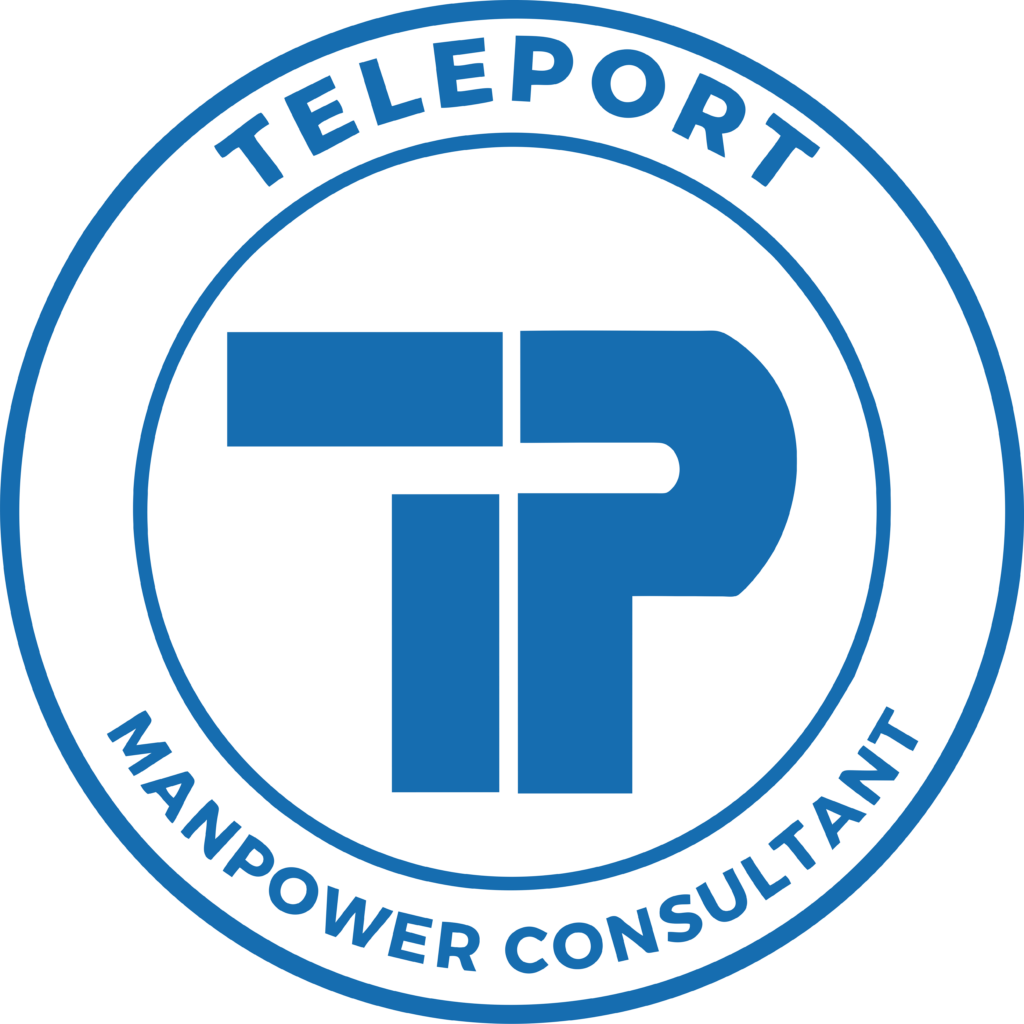In today’s dynamic business landscape, finding the right talent to fuel your company’s growth is a crucial challenge. To stay competitive and adaptable, businesses of all sizes must continuously assess their staffing needs and employ effective solutions. This article explores the significance of staffing solutions, provides real-life examples, and offers practical tips on selecting the best staffing solutions for your organization.
Table of Contents
Understanding the Importance of Staffing Solutions
Staffing Solution Defined
Staffing solutions encompass a wide range of strategies and services designed to meet an organization’s workforce needs. These solutions can involve temporary or permanent hiring, recruitment services, and various workforce management alternatives. Their primary goal is to connect employers with the right candidates while ensuring business operations run smoothly.
The Role of Staffing Solutions
The success of a business often hinges on the quality of its workforce. A well-staffed organization can drive innovation, boost productivity, and adapt to market changes effectively. Conversely, inadequate staffing can lead to decreased productivity, employee burnout, and missed opportunities.
To illustrate the significance of staffing solutions, let’s consider a few real-life examples:
Example 1: Temporary Workforce Solutions
Imagine you run a retail store, and the holiday season is approaching. You anticipate a significant increase in customer traffic and sales. However, hiring and training permanent employees may not be cost-effective for a short-term surge. This is where temporary workforce solutions come into play. By partnering with a staffing agency, you can quickly find seasonal employees to meet your needs.
Example 2: Recruitment Services
You’re a startup in the tech industry with ambitious expansion plans. You need specialized talent, but your in-house HR team lacks the expertise to find the right candidates. Recruitment services provided by staffing agencies can save you time and effort by identifying top-notch professionals for your team.
Example 3: Flexible Staffing Options
In a project-driven environment, staffing needs can fluctuate. When you win a new contract, you require additional manpower, but after project completion, you don’t want to carry the overhead of surplus staff. Flexible staffing solutions allow you to scale your workforce up or down as needed, ensuring you maintain efficiency and cost-effectiveness.
Choosing the Right Staffing Solution
Selecting the appropriate staffing solution for your business involves careful consideration of your specific needs, industry, and growth stage. Here are some key factors to keep in mind:
Assess Your Immediate and Future Needs
Start by evaluating your current workforce and anticipated requirements. Are you looking for short-term assistance, permanent hires, or specialized skills for a project? Knowing your immediate and future needs is the first step in choosing the right staffing solution.
Research Staffing Agencies
If you’re considering partnering with a staffing agency, research potential agencies thoroughly. Look for agencies with a track record of success in your industry and check client reviews. Don’t forget to verify their certifications and industry affiliations.
Evaluate Costs and Benefits
Consider the cost implications of different staffing solutions. Temporary staffing may be cost-effective for short-term needs, but long-term hiring might be a better investment if you require consistent expertise. Weigh the costs and benefits carefully.
Cultural Fit
In addition to skills and experience, consider the cultural fit of potential candidates. Employees who align with your company’s values and culture are more likely to contribute positively to your organization’s success.
Flexibility and Adaptability
Choose a staffing solution that allows you to adapt to changing circumstances. Flexibility is crucial in today’s fast-paced business environment, so ensure your staffing strategy can evolve as needed.
FAQs
Q1: What is the difference between temporary and permanent staffing solutions?
Temporary staffing solutions involve hiring employees for a fixed duration, typically for short-term needs. Permanent staffing, on the other hand, involves hiring employees for long-term or indefinite periods.
Q2: How do staffing agencies find suitable candidates?
Staffing agencies use various methods, including job boards, networking, candidate databases, and skills assessments, to identify suitable candidates for their clients.
Q3: Can small businesses benefit from staffing solutions?
Absolutely! Small businesses can benefit significantly from staffing solutions, especially when they need to remain agile in a competitive market. These solutions provide access to a wide pool of talent without the commitment of permanent hires.
Q4: Are there risks associated with outsourcing staffing needs?
While staffing solutions offer numerous benefits, there are potential risks, such as cultural misalignment or candidate quality issues. Thoroughly vetting staffing agencies and maintaining clear communication can help mitigate these risks.
Q5: How can I measure the success of my staffing solution?
Key performance indicators (KPIs) such as employee retention rates, productivity improvements, and cost savings can help you gauge the success of your chosen staffing solution.
Conclusion
Staffing solutions play a pivotal role in helping businesses find the right talent to thrive in a competitive landscape. Whether you’re a startup looking to scale up or an established corporation seeking specialized expertise, the right staffing solution can make a world of difference. By assessing your needs, researching staffing agencies, and considering factors like cost and cultural fit, you can make informed decisions that lead to a more successful and productive workforce. Remember, the right staffing solution is not a one-size-fits-all approach; it’s a tailored strategy that aligns with your unique business goals and aspirations.


